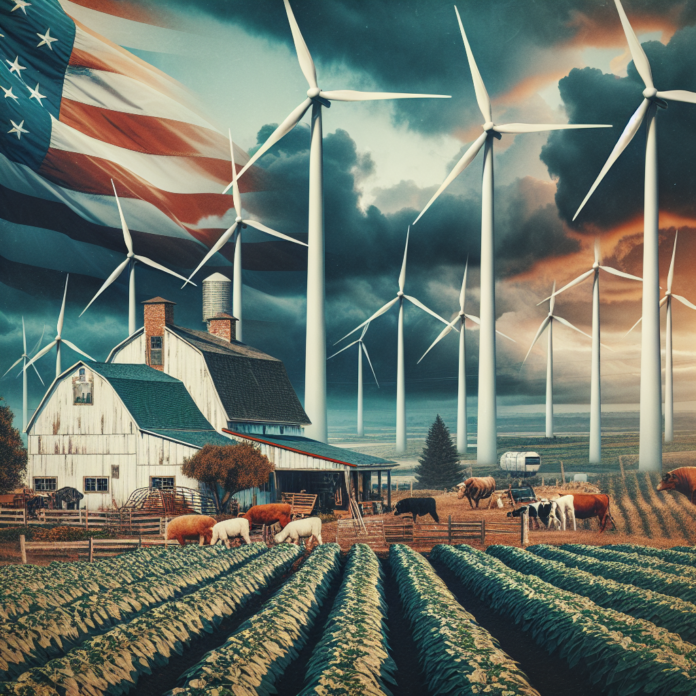Green Energy Projects Endanger American Agriculture
“`html
Farmland Under Threat: The Impact of Green Energy Initiatives on American Agriculture
The growing demand for renewable energy has sparked a surge in green energy projects across the United States. While these initiatives are crucial for combating climate change and reducing reliance on fossil fuels, they also pose significant risks to American agricultural lands. Farmers and environmentalists are increasingly concerned about the encroachment of solar farms, wind turbines, and other energy installations on fertile farmland.
The Dilemma of Land Use
As states push for ambitious renewable energy goals, agricultural land is often viewed as a prime target for these projects. This shift raises critical questions about land use priorities. The conversion of productive farmland into energy sites can lead to decreased food production capacity, potentially increasing food prices and threatening food security.
Environmental Concerns
Beyond the immediate threat to agriculture, these green energy projects can also have adverse environmental effects. The construction of solar fields and wind farms can disrupt local ecosystems, alter water drainage patterns, and negatively impact wildlife habitats. Sustainable land management practices must be prioritized to minimize these risks.
The Economic Impact on Farmers
Farmers face economic pressures as land values fluctuate due to the demand for renewable energy sites. While some landowners may profit from leasing their land for energy projects, others risk losing their livelihoods as valuable farmland diminishes. The long-term implications for rural economies could be profound, with potential job losses in traditional agriculture.
Finding a Balance
To address these challenges, stakeholders must work collaboratively to find a balance between renewable energy development and agricultural preservation. Innovative solutions, such as dual-use farming, where crops are grown alongside solar panels, could offer a way to harness green energy without sacrificing agricultural output.
Conclusion
As the push for green energy continues to grow, it is essential to consider the long-term impacts on American agriculture. Protecting farmland while promoting sustainable energy initiatives will require thoughtful planning and cooperation among policymakers, farmers, and energy developers. By prioritizing both food production and renewable energy, we can work towards a sustainable future for both our environment and our agricultural legacy.
“`


